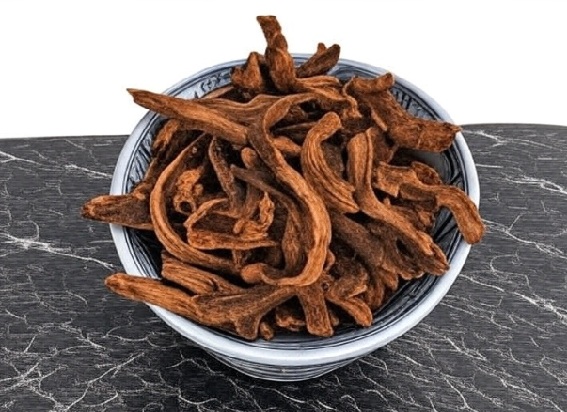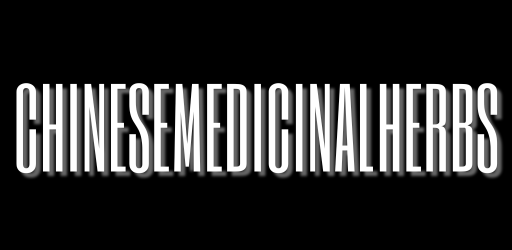Rhizoma Drynariae Chinese Herb

Rhizoma Drynariae (Gu Sui Bu): A Bone-Healing Herb for Fractures, Lower Back Pain, and Kidney Yang
Introduction
Rhizoma Drynariae, known as Gu Sui Bu (骨碎补) in Traditional Chinese Medicine (TCM), is a powerful yang-tonifying herb traditionally used to mend bones, strengthen tendons, and support the Kidneys. Warm and slightly bitter, it is especially valued in treating fractures, lower back pain, and joint weakness. Its name literally means “mender of shattered bones,” highlighting its role in trauma recovery and skeletal support.
What Is Rhizoma Drynariae?
Gu Sui Bu is the rhizome of Drynaria fortunei, a type of epiphytic fern native to China. In TCM, it is classified as bitter and warm, entering the Kidney and Liver meridians. It is traditionally used to tonify Kidney yang, promote bone regeneration, heal fractures, and reduce hair loss due to Kidney deficiency. This herb is commonly found in both trauma and longevity formulas.
Health Benefits of Rhizoma Drynariae
Mends Bones and Heals Fractures
Promotes the repair of bones and connective tissue after trauma, surgery, or stress injuries.
Strengthens the Lower Back and Knees
Used for chronic pain, soreness, or weakness in the lumbar region and legs due to Kidney deficiency.
Tonifies Kidney Yang and Consolidates Essence
Supports reproductive function and hormonal health, particularly in aging individuals.
Reduces Hair Loss and Strengthens Teeth
In TCM, Kidney health is linked to hair and teeth; this herb helps prevent premature hair loss or dental weakness.
Improves Bone Density and Connective Tissue Health
Used in modern herbal protocols to support bone strength and resilience, especially in menopause or osteoporosis.
How to Use Rhizoma Drynariae
In Decoctions for Injury or Yang Deficiency
Use 6–15 grams with herbs like Xu Duan, Du Zhong, or Dang Gui. Simmer for 30–45 minutes.
In Bone-Strengthening or Fertility Formulas
Included in formulas such as Zuo Gui Wan and Shen Tong Zhu Yu Tang for structural and essence support.
In Powder or Capsule Form
Available in concentrated extracts or joint-support capsules for easier daily use.
Where to Buy Rhizoma Drynariae
You can find Gu Sui Bu at the following places:
- Chinese herbal medicine stores
- Bone and joint health apothecaries
- Online retailers such as iHerb, Amazon, or TCM-focused vendors
Look for:
- Dark brown, knotted dried rhizome slices with a woodsy, earthy scent
- Properly dried and free of mold
- Organic or wildcrafted sources preferred for potency
Are There Any Side Effects?
Rhizoma Drynariae is warm and drying, so it should be used cautiously in individuals with yin deficiency, heat signs, or dry constipation. Not recommended for use during pregnancy unless prescribed. Long-term use should be balanced with moistening herbs if dryness occurs.
Conclusion
Rhizoma Drynariae, or Gu Sui Bu, is a time-honored herb in TCM for healing bones, strengthening the lower back and joints, and restoring Kidney yang. Whether for recovery from injury, aging support, or structural weakness, this bone-mending herb helps fortify the body’s foundation and encourage long-term vitality.
FAQs
Can I take Rhizoma Drynariae every day?
Yes, in moderate doses, especially in recovery or bone-strengthening formulas, under practitioner supervision.
What does Rhizoma Drynariae taste like?
It has a bitter, slightly sweet, and earthy taste with a warming effect.
Is Rhizoma Drynariae safe for children?
It can be used for bone healing in children in adjusted doses under the care of a trained practitioner.

